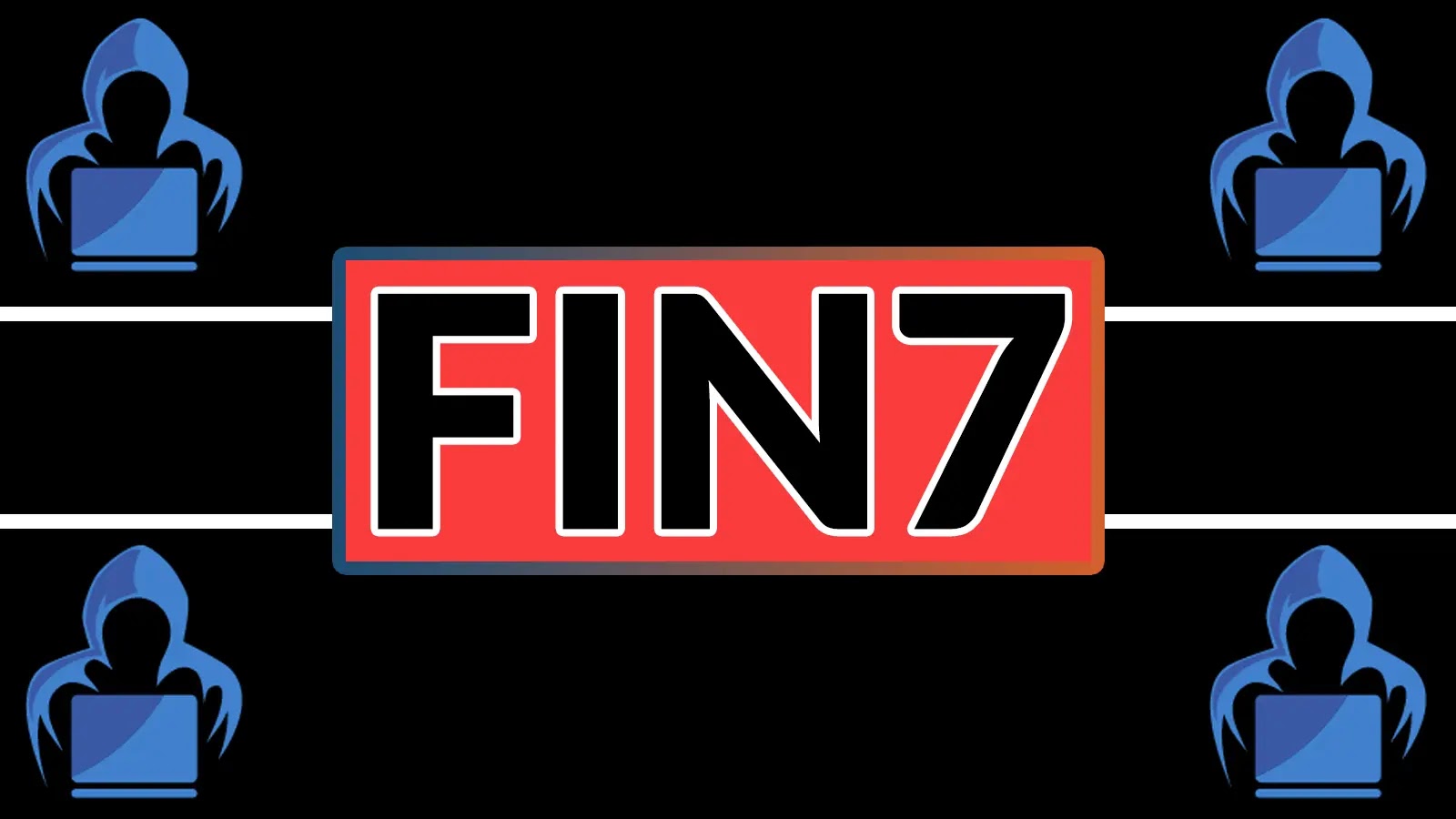FIN7 Hackers Abuse Sponsored Google Ads To Deliver MSIX Payloads

Hackers make primarily the most of sponsored Google Adverts as they provide an pleasing chance to reach a broad target market mercurial.
Injecting malicious links or converse into sponsored classified ads can deceive users into clicking on them, potentially causing malware infections or phishing schemes.

eSentire’s 24/7 SOCs, staffed with elite threat hunters and analysts, all of a sudden detect, investigate, and reply to threats across the clock has uncovered harmful threats like the Kaseya breach and more_eggs malware.
Right now, eSentire’s Risk Response Unit (TRU) stumbled on that FIN7 hackers had been actively abusing the sponsored Google Adverts to bring MSIX payloads.
FIN7 Hackers Abuse Sponsored Google Adverts
In April 2024, eSentire’s Risk Response Unit (TRU) detected more than one incidents exciting the Russian financially motivated threat neighborhood FIN7.
The actors ragged malicious websites impersonating main manufacturers like AnyDesk, WinSCP, and Google Meet to bring NetSupport RAT and DiceLoader malware.
Victims were lured via sponsored Google Adverts to download faux browser extensions disguised as signed MSIX recordsdata from “SOFTWARE SP Z O O” and “SOFTWARE BYTES LTD” fronts. While eSentire successfully revoked the malicious certificates from GlobalSign.
.webp)
These three system, as proven in the MSIX file, would buy system files, fable antivirus tool titles, and generate GUIDs to create C2 URLs and fetch extra scripts.
.webp)
When the server response contained “usradm”, it went on to download NetSupport RAT payloads via explicit url codecs and particular person brokers.
The downloaded NetSupport archive used to be extracted to C:ProgramDatanetsupport, the put FIN7 done its RAT executable as an illustration of their multi-stage infection chain.
The second incident concerned a particular person downloading a faux MSIX “MeetGo” installer, which dropped NetSupport RAT.
Hours later, the threat actor linked via the RAT, ragged csvde.exe to export Challenging Listing computer files and downloaded an “Adobe_017301.zip” archive containing svchostc.exe (renamed python.exe) and svchostc.py (Python payload).
After reconnaissance, a scheduled job used to be created to persist svchostc.py, which decrypted and injected the DiceLoader malware into memory, communicating with XOR-encrypted C2s embedded in its files portion.
.webp)
This exemplifies FIN7’s abuse of depended on manufacturers, signed MSIX recordsdata, and multi-stage payloads like NetSupport RAT, leading to DiceLoader.
Recommendations
Here below we gain now mentioned your total suggestions:-
- Deploy Endpoint Detection and Response (EDR) suggestions across all devices.
- Implement Phishing and Safety Consciousness Working in opposition to (PSAT) program.
- Adjust MSIX execution via AppLocker insurance policies.
- File incidents of certificates misuse by threat actors.
Source credit : cybersecuritynews.com

